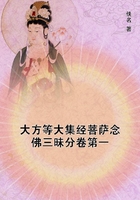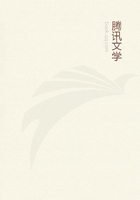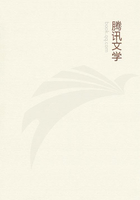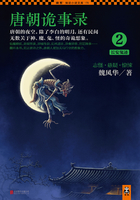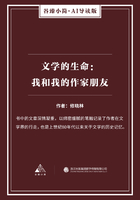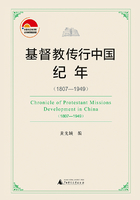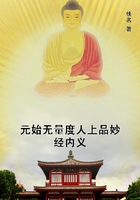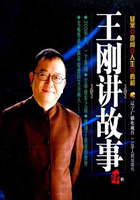In the next place, admitting that a person who, from his narrow range of cultivation, cannot judge well of the qualifications of a candidate for parliament may be a sufficient judge of the honesty and general capacity of somebody whom he may depute to choose a member of Parliament for him; I may remark, that if the voter acquiesces in this estimate of his capabilities, and really wishes to have the choice made for him by a person in whom he places reliance, there is no need of any constitutional provision for the purpose; he has only to ask this confidential person privately what candidate he had better vote for. In that case the two modes of election coincide in their result, and every advantage of indirect election is obtained under direct. The systems only diverge in their operation, if we suppose that the voter would prefer to use his own judgment in the choice of a representative, and only lets another choose for him because the law does not allow him a more direct mode of action. But if this be his state of mind; if his will does not go along with the limitation which the law imposes, and he desires to make a direct choice, he can do so notwithstanding the law. He has only to choose as elector a known partisan of the candidate he prefers, or some one who will pledge himself to vote for that candidate. And this is so much the natural working of election by two stages that, except in a condition of complete political indifference, it can scarcely be expected to act otherwise. It is in this way that the election of the President of the United States practically takes place. Nominally, the election is indirect: the population at large does not vote for the President; it votes for electors who choose the President. But the electors are always chosen under an express engagement to vote for a particular candidate: nor does a citizen ever vote for an elector because of any preference for the man; he votes for the Lincoln ticket, or the Breckenridge ticket. It must be remembered that the electors are not chosen in order that they may search the country and find the fittest person in it to be President, or to be a member of Parliament.
There would be something to be said for the practice if this were so: but it is not so; nor ever will be until mankind in general are of opinion, with Plato, that the proper person to be entrusted with power is the person most unwilling to accept it. The electors are to make choice of one of those who have offered themselves as candidates: and those who choose the electors already know who these are. If there is any political activity in the country, all electors, who care to vote at all, have made up their minds which of these candidates they would like to have; and will make that the sole consideration in giving their vote. The partisans of each candidate will have their list of electors ready, all pledged to vote for that individual; and the only question practically asked of the primary elector will be which of these lists he will support.
The case in which election by two stages answers well in practice is when the electors are not chosen solely as electors, but have other important functions to discharge, which precludes their being selected solely as delegates to give a particular vote. This combination of circumstances exemplifies itself in another American institution, the Senate of the United States. That assembly, the Upper House, as it were, of Congress, is considered to represent not the people directly, but the States as such, and to be the guardian of that portion of their sovereign rights which they have not alienated. As the internal sovereignty of each State is, by the nature of an equal federation, equally sacred whatever be the size or importance of the State, each returns to the Senate the same number of members (two), whether it be little Delaware or the "Empire State" of New York. These members are not chosen by the population, but by the State Legislatures, themselves elected by the people of each State; but as the whole ordinary business of a legislative assembly, internal legislation and the control of the executive, devolves upon these bodies, they are elected with a view to those objects more than to the other; and in naming two persons to represent the State in the Federal Senate they for the most part exercise their own judgment, with only that general reference to public opinion necessary in all acts of the government of a democracy. The elections, thus made, have proved eminently successful, and are conspicuously the best of all the elections in the United States, the Senate invariably consisting of the most distinguished men among those who have made themselves sufficiently known in public life.

